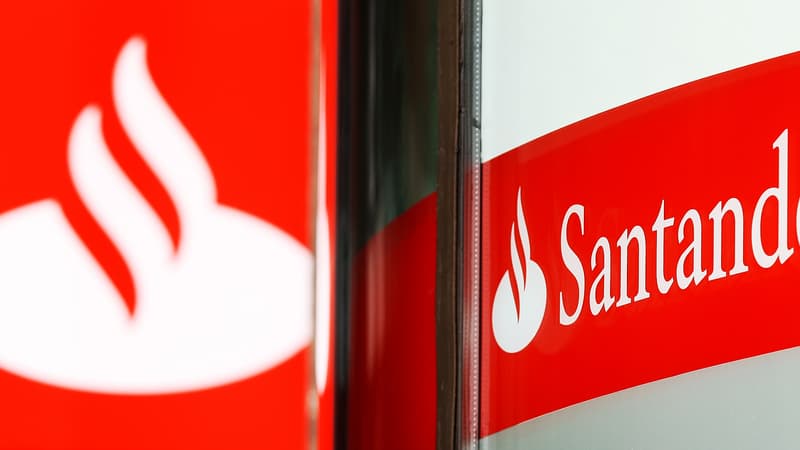In a non-binding opinion published on November 2, the European Central Bank (ECB) expressed its concern about the consequences of the exceptional bank tax that the Spanish Government has decided to apply to the largest banks in the country.
This temporary tax of 4.8% must impact, from next January and for two years, on the net banking income (GNP) -that is, the net income from interest and commissions- of the banks whose billing exceeds 800 million euro. However, in the current uncertain economic context, the ECB is concerned about the risks that this tax could generate for “financial stability, the resilience of the banking sector and the granting of credit”.
However, the Spanish government is determined not to back down. “This government will not tolerate companies taking advantage of the crisis to enrich themselves,” said the president of the socialist government, Pedro Sánchez. “Many times we talk about profits that fall from the sky,” the latter explained before to the Chamber of Deputies. But it doesn’t happen that way. Super profits don’t fall from the sky. a tax on the extraordinary profits of large energy companies!, and I also announce to you, ladies and gentlemen, that the Government will approve an exceptional and temporary tax on financial institutions that begin to benefit from interest rate increases. .
Since then, the Spanish government has announced that it does not rule out the possibility of making this new tax permanent. This measure is therefore one of those that, in the United States, the United Kingdom or Italy in particular, seek to hit companies that take advantage of inflation or rising interest rates. To finance its own measures to support purchasing power, the Spanish Executive expects 4,000 million euros from the taxation of extraordinary profits from energy companies, as well as an additional 3,000 million euros in 2023 and 2024 from the banking sector.
A tax even for those who lose money
Except that the new tax will not affect profits but GNP, which is the equivalent of bank billing. The ECB underlines it: the tax can be levied on establishments even if they are in deficit. However, a tax applied to the very activity of the companies, to their billing or to their gross margin, without taking into account their real benefits, can be highly counterproductive.
According to analysts, the tax could have an impact of 10-15% on the profits of the banks as a whole and 3-4% on those of Santander and BBVA, the two largest. But this, other things being equal, because, in order to defend their margins, the banks will be pushed to increase the cost of loans, as well as to raise less interest on deposits despite the rise in interest rates (banks Spaniards are well endowed with money). So it will be the Spaniards who will bear the new tax, all the more quickly since in Spain most of the credits are at a variable rate.
By taxing only the largest institutions, the government wanted to avoid this double effect, as this would expose banks tempted to do so to competition from smaller banks and neobanks. However, such distortion of competition has its limits and the government in particular has been forced to extend its measure to foreign banks operating in Spain.
A signal to the electorate
Naivety? Has the Spanish Executive acted above all for electoral clientelism, without measuring the possible consequences of its measures? This is suggested by the ECB opinion. But it is possible to see things differently.
In fact, the new Spanish tax seems quite smart. Going after the banks is always popular and in this sense the Spanish government is sending a pretty strong signal to its electorate. Except that by affecting GNP and not profit, the tax, like any consumption or value-added tax, risks being paid directly by consumers.
Isn’t that basically the desired effect? By directly pushing for a tightening of credit, by increasing the impact of the current rate hike on economic activity, the tax is in effect an anti-inflation measure that doesn’t say its name. Although it is applied directly to banks’ net interest margins, the tax will offer a higher return the higher the rate increase. A pretty judicious device after all, which could therefore be copied by other countries.
Source: BFM TV


